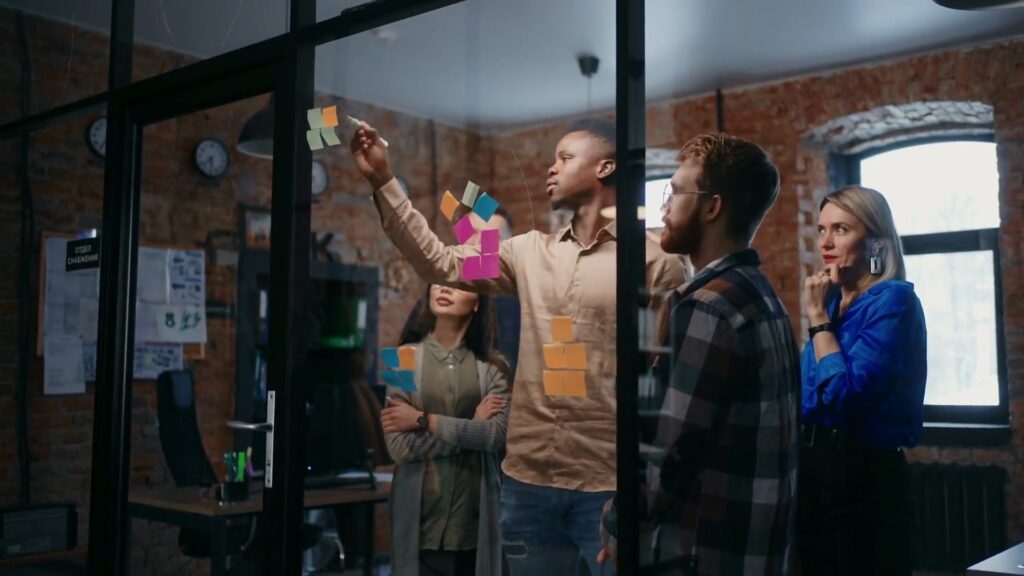Navigating the changing legal landscape of your work and personal life in the age of artificial intelligence (AI)

Jessyca Greenwood
"The future is not happening someday. It’s happening now."
— Douglas Coupland”
Note: the above quote was generated by ChatGPT, an “artificial intelligence” tool that confidently (albeit falsely) attributed it to Douglas Coupland, the treasured Canadian culture and technology author of Generation X (1991), Microserfs (1995), and The Extreme Self (2021).
We sometimes need to remind ourselves that indeed, we are living in a once-fantastically-imagined future.
In the time it takes for a tree to typically mature (20-30 years) our society has adopted new technologies that have come to shape our work, social lives, and interactions, and in each case, we have had to grapple with the impact and change of such innovation very quickly with some bumps along the way.
From the late 1990s forward to today, technologies that were once considered too expensive, too niche, or too infeasible for wide-scale adoption went mainstream: the internet, mobile phones, social media, online shopping, streaming media, ride sharing services, and virtual reality.
The future: Artificial Intelligence (AI)
Today, Artificial Intelligence tools like ChatGPT by OpenAI are the newest and possibly most disruptive technologies to enter society since the mass adoption of the internet. During such a time of change, there is always “hype” about the promise of new technology. Those of us old enough to remember may be experiencing deja vu in the form of the late 90’s “dot-com boom” as industries invested and agonized over how the internet could create opportunities, enhance our lives, and generate profit for businesses.
Each time these technologies arrived, Canadian law had to adapt itself for new ways of working with clients, new forms of evidence, new judicial processes, and new law and regulations for society to follow.
Introducing: ChAIn of Custody: A legal AI blog series from Greenwood Law
Greenwood Law is your trusted source of legal expertise with a rich and experienced background in workplace, civil, and criminal law. We stay current on new technologies and employ industry experts to best understand and leverage new technologies, like AI, that serve our clients in their legal matters.
In this blog series, we will explore:
- Defining Artificial Intelligence (AI) and how it is being used productively in our client’s industries: A look at the innovative uses of AI, from healthcare to the creative arts.
- AI’s dark side: A deep dive into how AI can be leveraging to commit fraud, impersonate others, and create fake evidence.
- The legal landscape: We will examine existing laws governing AI-generated content, as well as the gaps in legislation that make prosecuting and defending such cases challenging.
- Navigating AI-related legal cases: The complexities involved in prosecuting and defending AI-driven criminal cases, with a focus on our firm’s expertise.
Why this matters for you
By the end of this series, we hope to equip you with a clearer understanding of the risks and opportunities AI presents through a legal lens. Greenwood Law is ready to help you navigate these issues, whether you’re the victim of a crime involving AI, or defending against accusations rooted in false AI-generated evidence.
We invite you to follow along as we unpack these critical issues, helping you stay informed and prepared in this new age.
Understanding is the first step to being prepared
If you’re concerned about how AI may affect you or your business, or if you need legal advice on matters related to AI technologies, our firm specializes in understanding and litigating cases involving AI. Contact us today to learn more about how we can assist you in navigating these emerging challenges.
Stay tuned for the first part of our series, where we will dive into the positive uses of generative AI and how it is transforming various industries.



